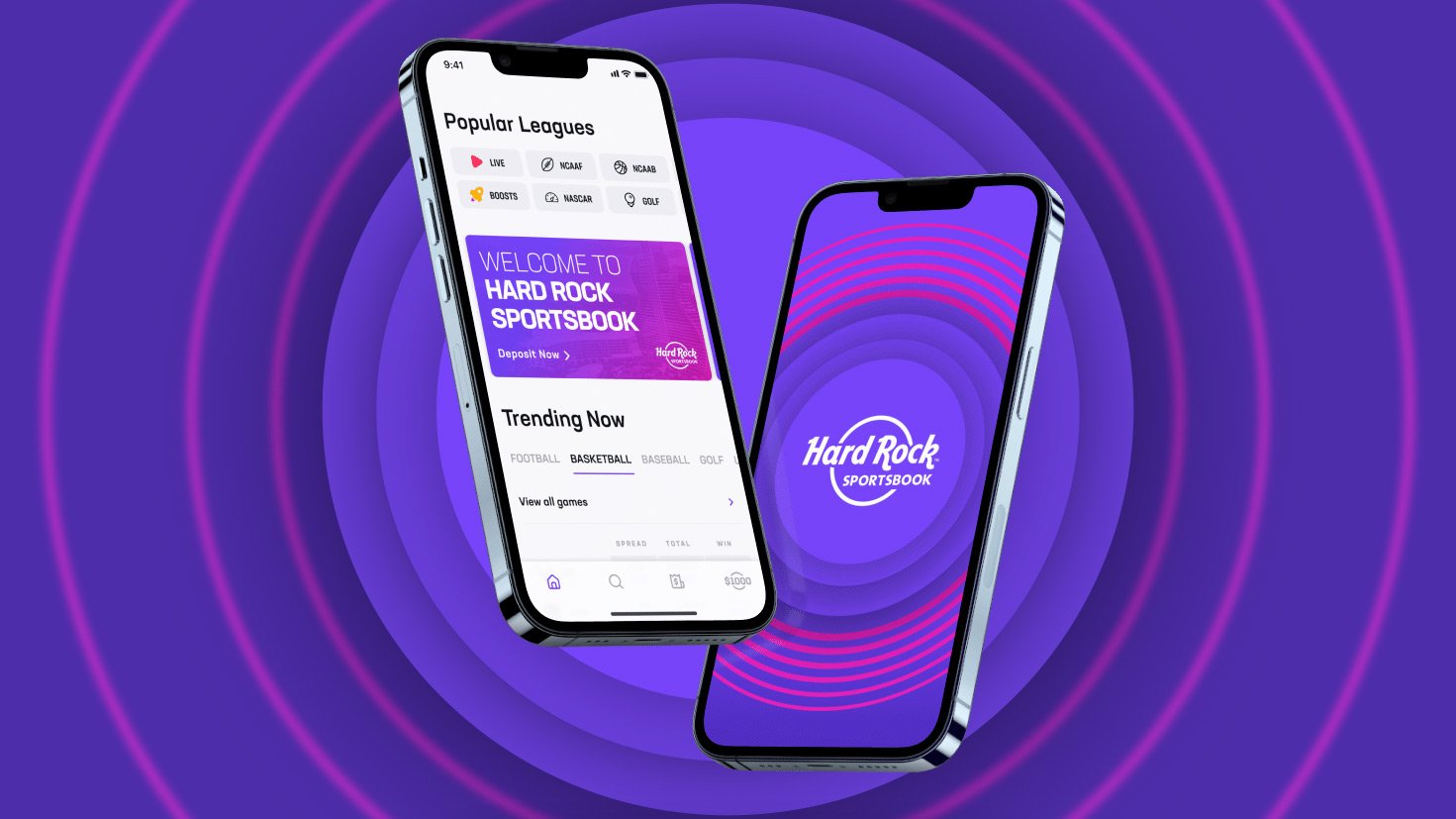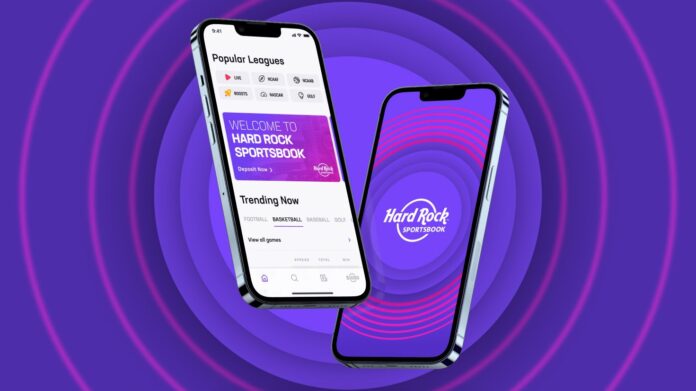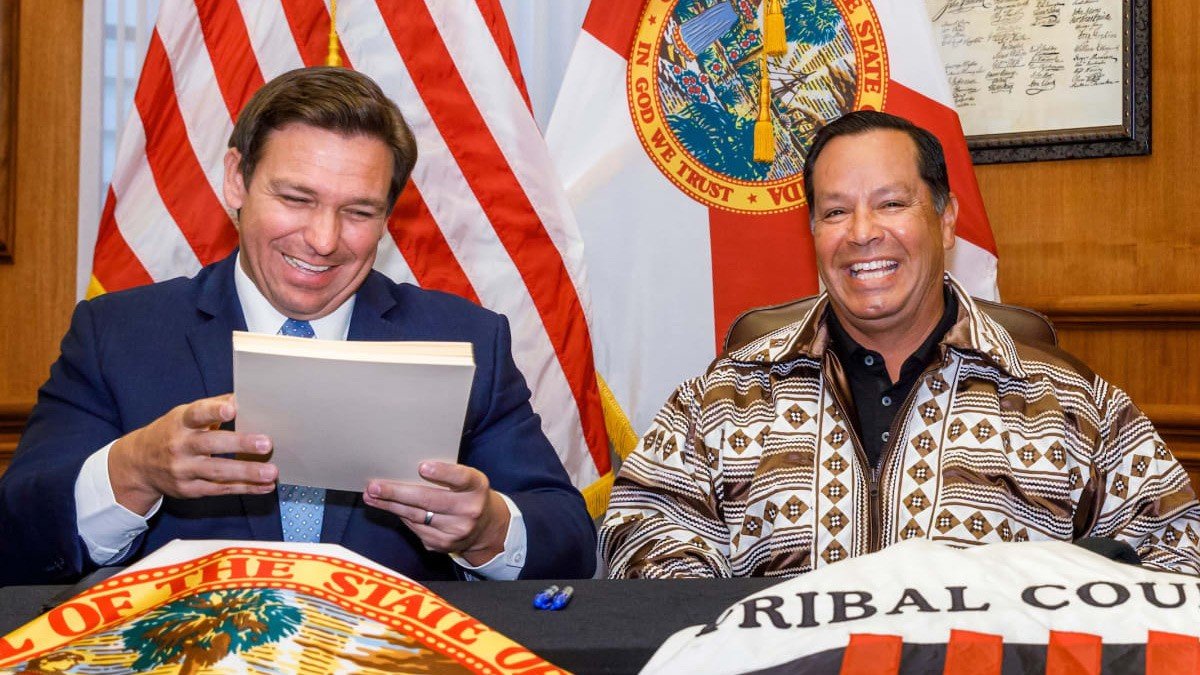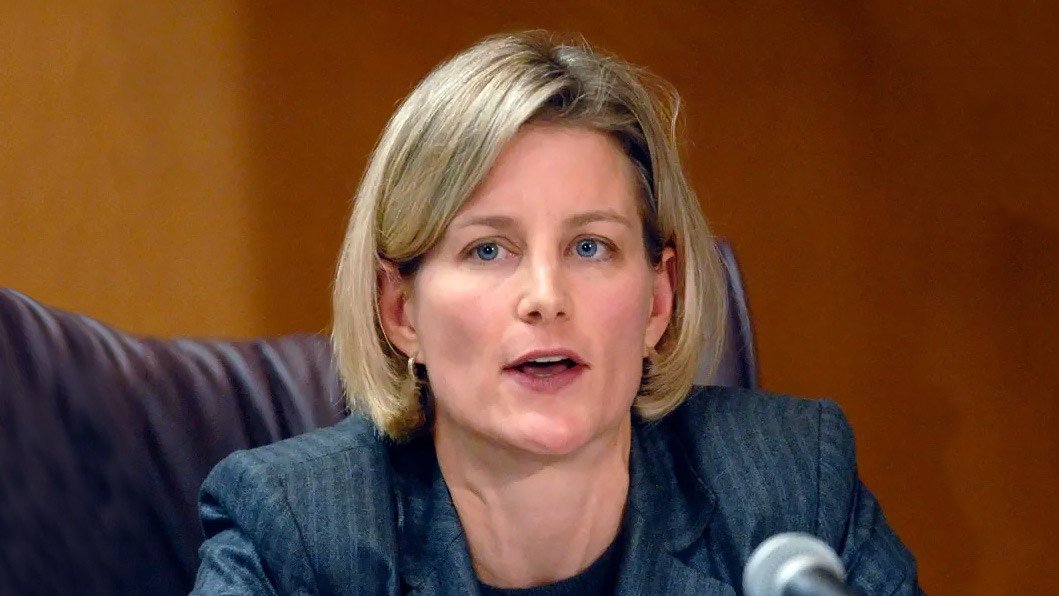The Seminole Tribe of Florida scored another victory in its legal fight over offering sports betting in the Sunshine State. On Monday, a federal appeals court denied a request from pari-mutuel owners for a rehearing after a ruling that upheld a multibillion-dollar deal giving the tribe control over sports wagering throughout the state, which could clear the path for Hard Rock Bet to launch in Florida soon.
As per the appellate court rules, this decision becomes effective eight days after being handed down, making September 19 the earliest launch date for Hard Rock Bet‘s sports betting platform.
The tribe has been eagerly awaiting the opportunity to relaunch in its home state since it went live briefly in 2021. Hard Rock’s sports betting platform was live for just over a month before being forced to shut it down due to a court order.

In June this year, a three-judge panel on the U.S. Court of Appeals for the District of Columbia reversed a 2021 decision by a federal judge who halted the gambling agreement. The federal appeals court ordered the Department of Interior to reinstate the compact agreement that gave the Seminole Tribe and its Hard Rock brand a monopoly on the gaming vertical in Florida.
Gov. Ron DeSantis and Seminole Tribe of Florida Chairman Marcellus Osceola in 2021 signed a 30-year gambling deal that included giving the tribe control of sports betting. However, this launch was short-lived as West Flagler and Associates, former owner of Magic City Casino and current owner of Bonita Spring Poker Room, filed a lawsuit alleging the sports-betting plan violated federal law and would cause a “significant and potentially devastating impact” on their operations.
While the new developments seemingly indicate Seminoles have won the battle, Daniel Wallach, an attorney who specializes in gambling law, said the ruling in the Florida compact challenge “checks at least three of the boxes indicative” of a Supreme Court review.
The decision is “in conflict” with rulings from other federal appellate courts, is “arguably in conflict with the Supreme Court’s own precedent,” and it involves an “important question of federal law that has not been, but should be settled,” by the Supreme Court, Wallach told The News Service of Florida.
According to Wallach, this is a “question of federal law”, as it also impacts non-tribal gaming operators, since tribal control of statewide remote wagering would “dramatically alter” the competitive landscape for digital gaming.
“Therefore, it would make sense for the Supreme Court to address this issue now and bring much-needed clarity to the divisive question of whether IGRA’s reach extends to tribal-regulated gaming activities outside of Indian lands, rather than let the issue further devolve into a maze of conflicting and contradictory federal court rulings,” he said.
Gov. Ron De Santis and the Seminole Tribe signed the updated compact in 2021.
What does the new compact do?
Under its 30-year agreement with the state, the Seminole Tribe is given a monopoly to operate sports betting in Florida. The tribe, which will also be allowed to add roulette and craps to its casino operations, will in return pay the state at least $2.5 billion over the first five years of the agreement.
In November 2021, U.S. District Judge Dabney Friedrich ruled that the plan ran afoul of the federal Indian Gaming Regulatory Act, which regulates gambling on tribal lands because the deal would allow gambling off property owned by the Seminoles. In her ruling last year, Friedrich called the theories used to justify the deal “fiction.” For its part, the D.C. Circuit said as long as the bet is received on reservation land, that is good enough.
Judge Dabney L. Friedrich
The deal included a “hub-and-spoke” sports-betting plan designed to allow gamblers anywhere in the state to place bets online, with the bets run through computer servers on tribal property. The deal, known as a compact, said bets “using a mobile app or other electronic device, shall be deemed to be exclusively conducted by the tribe.”
Some critics of the compact also have argued that the sports betting arrangement would not comply with a 2018 constitutional amendment that requires statewide voter approval of gambling expansions in Florida. Under what is known as Amendment 3, expansions of gambling must be placed on the statewide ballot through the citizens’ initiative process.
















